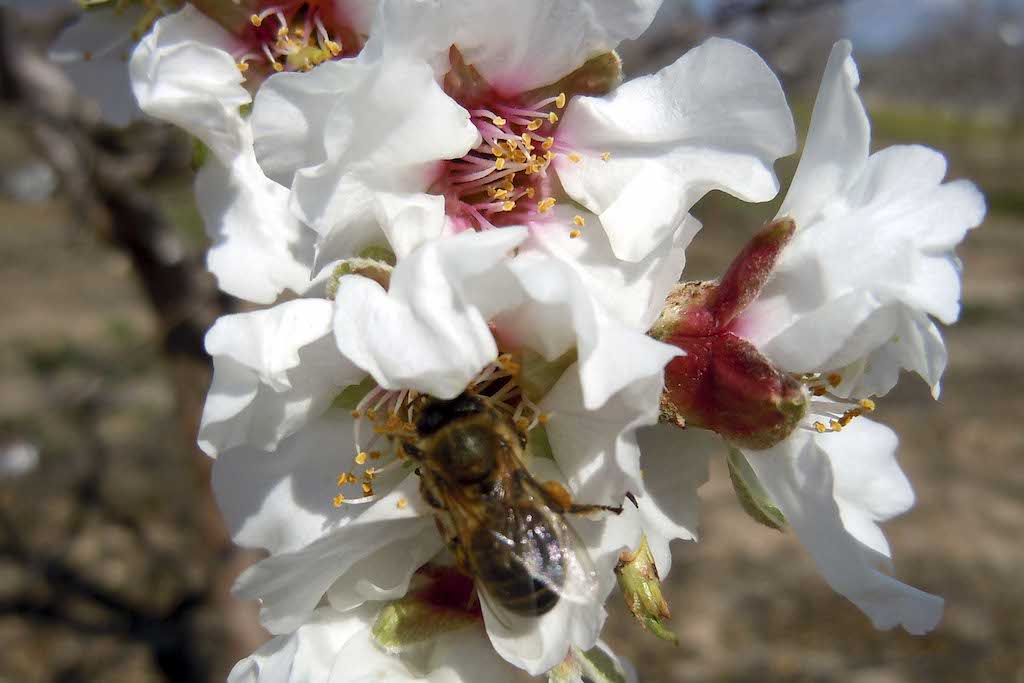Can the project be considered to be a climate change adaptation project?
On the other hand, increases of atmospheric CO2, rising temperatures, and altered precipitation patterns will affect agricultural productivity. There is little doubt that climate change will affect precipitation, both in amounts and its distribution. There are predictions that the amount of water withdrawn for irrigated agriculture should increase by 11% just to match the increased demand for biomass. Several impacts can affect agriculture, such as less available water, increased evaporative demand, and reduced water storage. Groundwater is a primary water source for irrigation in many Mediterranean regions, and changing climate effects on precipitation, streamflow, and evaporation can decrease groundwater recharge.
Through the implementation of this project we offer possibilities to support practices and promote investments that can contribute to climate change mitigation. Firstly, with the decrease of water consumption, with the application of deficit irrigation, farmers will have tools to be adapted to a future scenario where lower water will be available. The dissemination and acceptance of this irrigation strategy will suppose direct positive environmental and economic effects by water and energy savings, but also it implies the adaptation of agriculture to lower water resources. Secondly, by decreasing soil moisture by deficit irrigation, mainly in summer when temperatures are high, but maintaining crop productivity, the release of soil CO2 is decreased, increasing the quantity of C sequestered in soil, increasing its capacity as C sink.
The EC Strategy to Climate Change Mitigation promotes and encourages agriculture’s contribution to climate change mitigation, especially in terms of adaptation, in accordance with LIFE+ IRRIMAN objectives. In fact, the EC highlight that the mitigation potential of agriculture in Europe can be best realized by maintaining high productivity combined with sustainability. Here we propose to maintain high productivity with minimum use of water for irrigation, given preference to water reuse.
